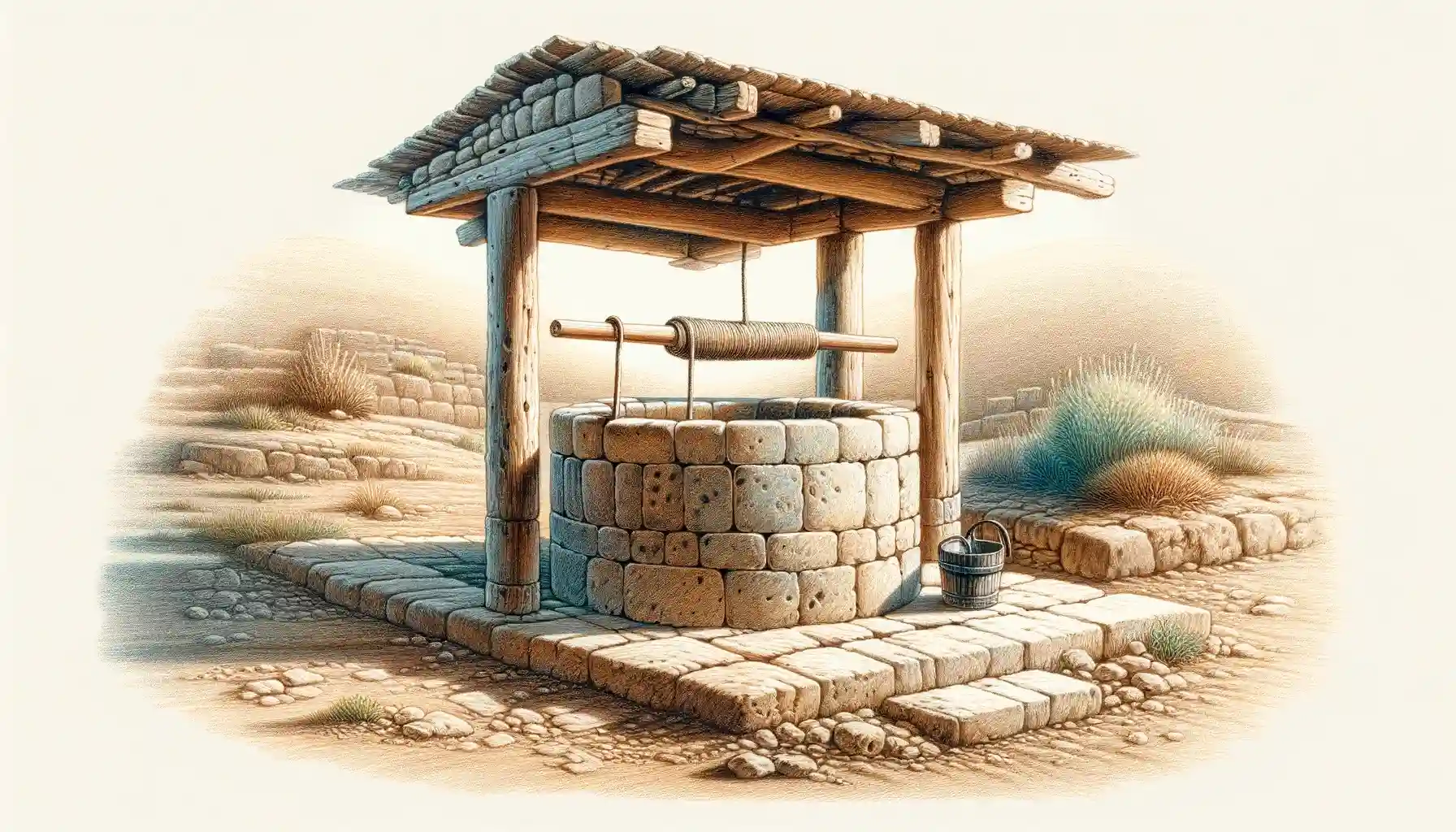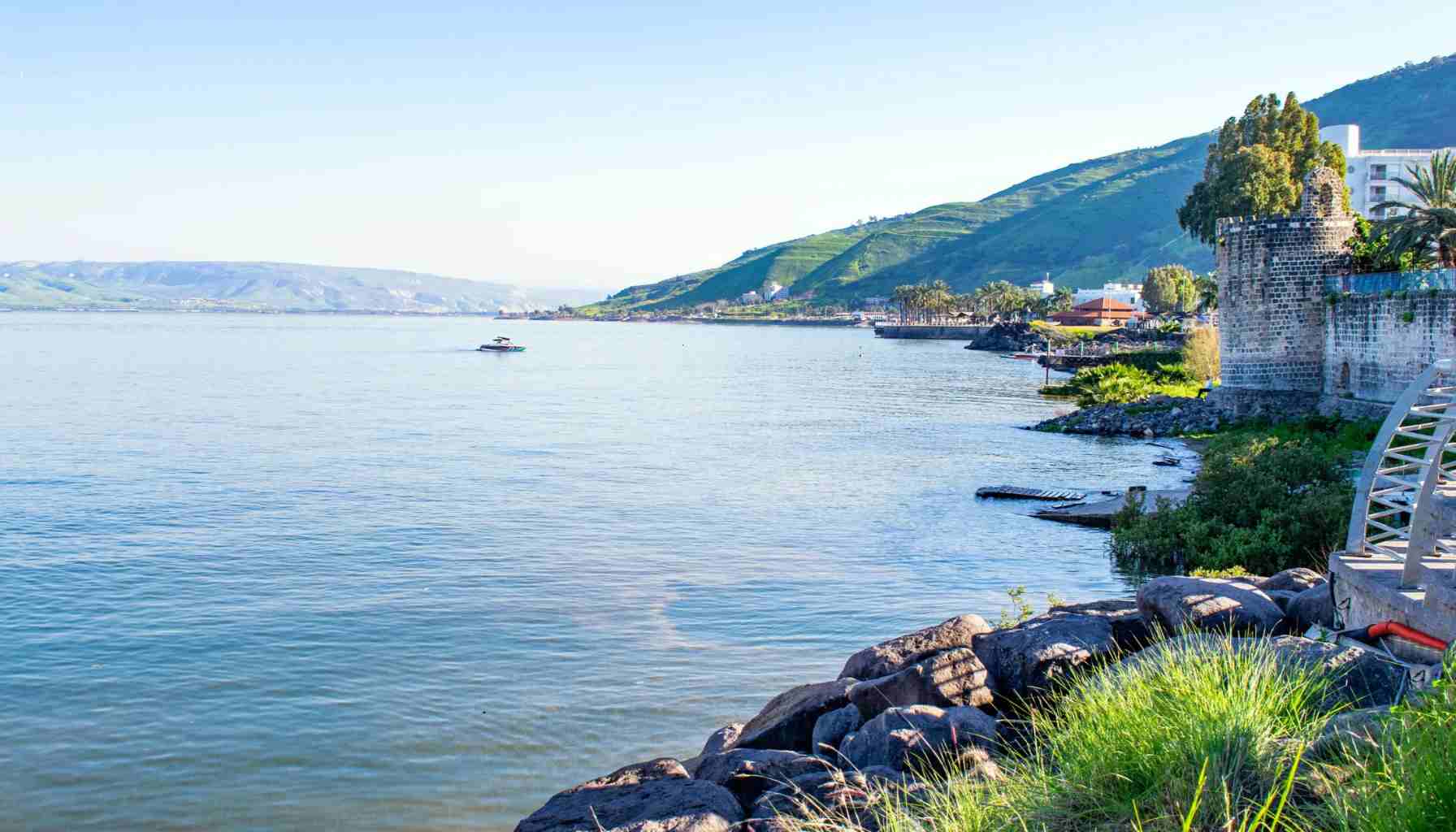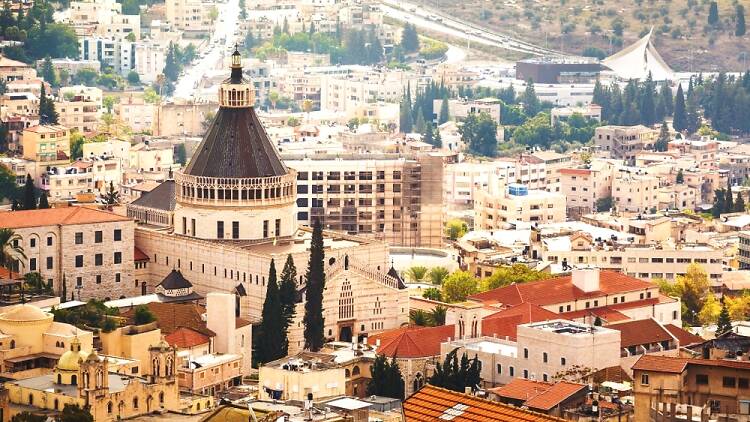The Mount of Olives, located east of Jerusalem, is a historically and biblically significant site known primarily as the location of Jesus’ ascension to heaven, marking a key event in Christian theology and prophecy.
The River Jordan is a historically and biblically significant river in the Middle East, known primarily as the site of Jesus’ baptism by John the Baptist, symbolizing the commencement of His public ministry and fulfilling Old Testament prophecies.
Jacob’s Well is not only an archaeological site but also a profound symbol in Christian theology, representing the transformative power of Jesus’ teachings and His offer of eternal life.
The Sea of Galilee, also known as Lake Kinneret, holds profound historical, theological, and ecological significance, serving as a pivotal setting for Jesus’ ministry in the New Testament, supporting local economies through its fishing and tourism industries, and facing contemporary challenges related to water management and ecological sustainability.
Patmos, an island of serene beauty and profound spiritual significance, is revered as the sacred site where the Apostle John received the visions recorded in the Book of Revelation, marking it as a timeless beacon of hope and revelation in Christian history.
Nazareth, celebrated as the childhood home of Jesus Christ, embodies a rich tapestry of historical, archaeological, and religious significance, serving as a pivotal site for Christian pilgrimage and a vibrant symbol of coexistence in the heart of the Middle East.






